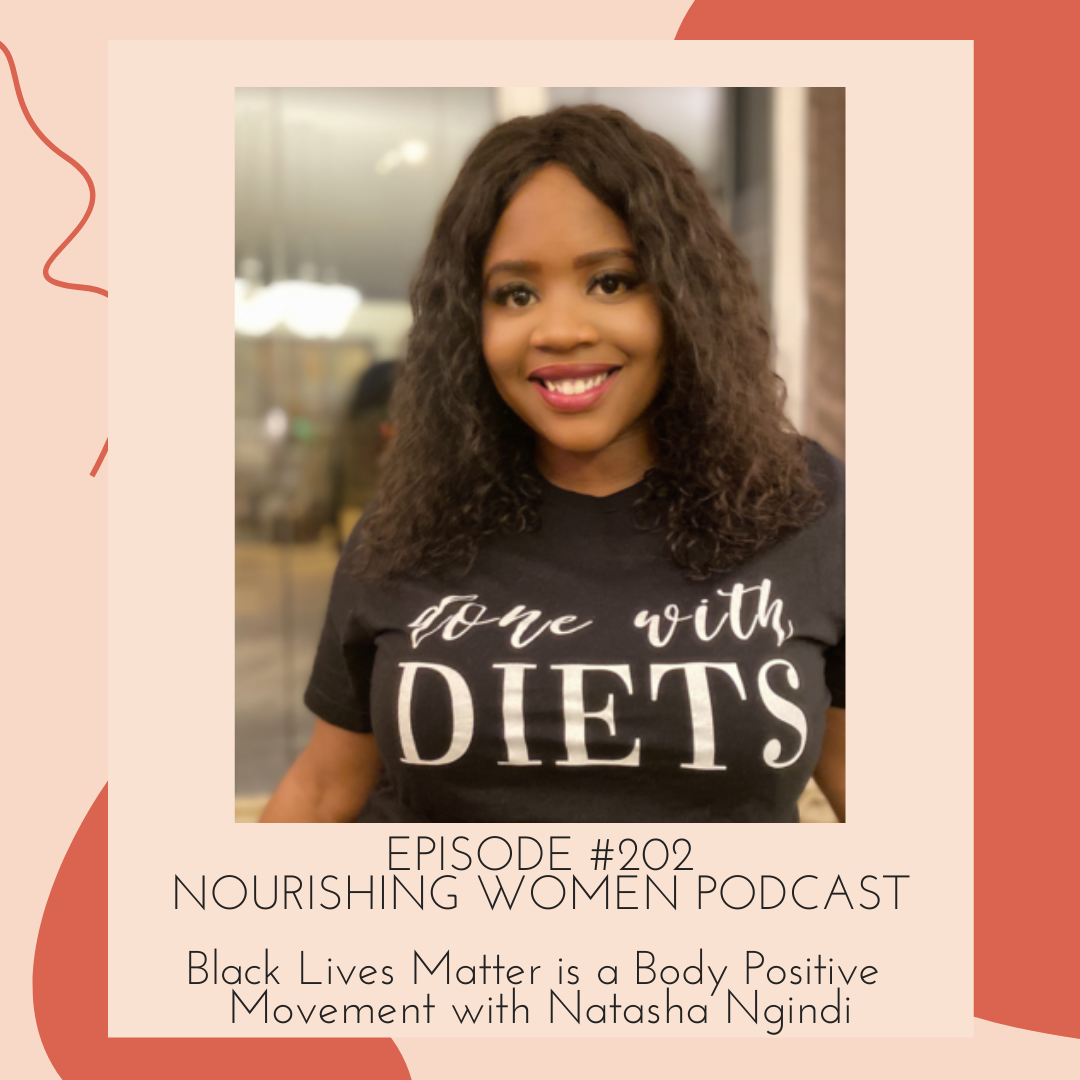What to do (and not do) After a Binge
By: Kelsey Pukala, registered dietitian/nutritionist at Nourishing Minds Nutrition
Most people, at some point can relate to experiencing a binge. That feeling of being completely out of control, stressed and chaotic around food that can leave you feeling uncomfortably full and even sick to your stomach afterward.
Some of us have even experienced bingeing episodes, which are defined by the National Eating Disorders Association as three (or more) of the following:
-Eating more rapidly than normal
-Eating until feeling uncomfortably full
-Eating large amounts of food when not feeling physically hungry
-Eating alone because of feeling embarrassed by how much one is eating
-Feeling disgusted with oneself, depressed, or very guilty afterward
I hope some of the guidance I’m going to walk through today is helpful and encouraging to you, wherever you find yourself on your journey with food and body.
If you can relate to any (or all) of the behaviors above and feel confused after a bingeing episode, here are some things to try/consider after a binge.
Please don’t get on the scale: If you have access to a scale, I would highly recommend you not step on it (really ever ha!) but especially after a binge. Bingeing is a highly vulnerable activity that can leave you feeling ashamed, depressed, hopeless, sad and a whole slew of other emotions that I PROMISE will not be helped by seeing your weight. It’s so normal for our bodies to shift and change on a daily basis and remember, your weight does not equal your worth
Practice Body Kindness: How can you be kind to your body after a binge? How can you practice compassion towards yourself and your body? Bingeing often coincides with big feelings/emotions… are you able to identify what those are?
Nourish your Body: This may be the most difficult thing to implement after a binge. But, it is so so so important that you continue eating on as regular of a schedule as you can. I know it’s tempting to skip breakfast after a night of bingeing or skip dinner after a binge at lunch, but by skipping meals you put your body in a very vulnerable place. You also perpetuate the binge-restrict cycle, which can feel overwhelming. By regulating your eating patterns, you are better able to tune in to what your body is feeling and decreases your vulnerability to binge. Anytime there is restriction involved, bingeing is not far behind.
Processing through Difficult Emotions: If you’re able to recognize the emotions surrounding the binge, you can ask yourself these questions:
-What were my vulnerabilities before bingeing?
-Was I hungry, stressed, overwhelmed, tired?
-What was I hoping to “get” from this binge?
-What could I do differently next time I experience these vulnerabilities?
Practice Self-Care: This reminds me of practicing self-care on a bad body-image day… Try to get a good night of sleep, maybe go on a walk to get some space, take a long shower, feed your body consistently and process your emotions (either alone or with a friend, family member or therapist). I know… easier said than done.
Remember that this process is a journey and there is no “perfect.” You are doing the best you can with the information you have and that’s amazing. Remember you’re human! And there is not one way to heal your relationship with food and body. If you’re really feeling stuck, I would encourage you to reach out to a Dietitian and/or Therapist to help process these difficult things! You don’t have to do this alone.
Learn more about Kelsey and her work at Nourishing Minds Nutrition here.








